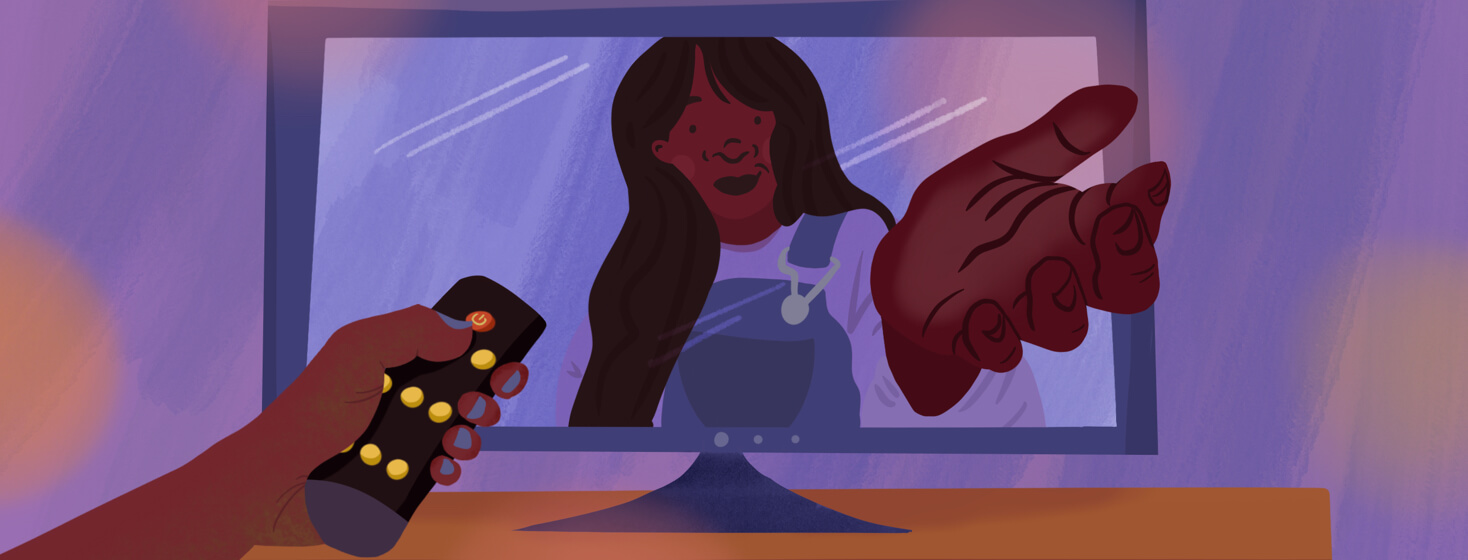How to End Epilepsy Stigma: Fighting Stigma with Cinema
"When will there be a cure?" Everyone is asking. Though underfunded, epilepsy research has made progress in recent years. The word "cure" is tempting. It’s easy to forget that there will likely not be a magic pill that ends all varieties of epilepsy all at once.
A portion of our lives is spent having seizures. The rest of it is spent navigating the social and emotional implications of a world that does not or is unwilling to understand. We will be patient for a cure, but we cannot afford to wait to fight stigma.
Epilepsy stigma is deeply rooted
The progress against stigma is too slow. Most patients would agree, it’s not just epilepsy that makes life challenging, it’s the people. The stories are devastating: The 15-year-old who’s never made a friend. The homeless patient whose family no longer wanted to "bear the burden." Patients being sent videos of flashing lights over social media. There’s no medicine for human shortcomings, only empathy.
Stigma is a ruthless but simple beast. We fear that which we don’t understand. Most people want to be decent, and I believe they are. The fight or flight "lizard brain" response to new situations is not where humans shine. When we replace that lack of information with an opportunity for empathy, we eliminate the root of stigma. This is the goal of awareness initiatives.
There is a problem with our awareness initiatives.
We need to fight epilepsy stigma in new ways
When was the last time you bought a seat at an awareness event for a disease you knew nothing about? At epilepsy awareness events, those in attendance are almost exclusively people who have the condition, or care for someone living with it.
Such events are great for fundraising, but almost no one in attendance was ever at risk of contributing to stigma. Did the employer buy a ticket? The school bully? To truly change hearts and minds we need to reach those people who have no incentive to come to a gala.
The solution already exists. We rarely look outside our silo and see what other communities have done to squash their stigmas. The LGBTQ community has poured so much effort into storytelling that big business can no longer afford to ignore them. Entertainment is perhaps the only place in culture where people make an effort to learn something new.
Well-told stories lead to empathy
They want new stories, new voices, new characters. A "regular" person can bond and empathize with a fictional character that sends them into the real world with a point of reference. They’ve felt what it’s like to be in someone else’s shoes. These stories allow patients to share their experience without having to explain themselves. Best of all, awareness events live for a day. Movies live forever. How great would it be if ending stigma was not just our idea, but theirs?
There has never been a bigger hunger for diverse content. Countless initiatives exist to make these discoveries. A good gala can host over a hundred people. A compelling YouTube video can be seen by thousands. And a well-promoted film? Millions.
On-screen illness brings understanding
Consider Alzheimers. Most people have a general empathy for the condition whether it affects their family or not. That’s because we’ve seen countless elderly characters on-screen presenting memory issues. We’ve seen it. We’ve felt for it.
I want to live in a world where I don’t have to explain myself to strangers because they’ve "seen" someone like me before. To get there we have to be willing to tell our stories in whatever medium suits us. We have to demand that those pushing diversity initiatives make space for us. Race and sexual orientation are not the only minorities. We must dream bigger than the amount of seats we can fill in an auditorium.
Fighting epilepsy stigma by telling our stories
While we wait for the cure, we can waste no time in fighting stigma. It’s the hearts and minds of strangers that affect our quality of life between seizures. Presenting our voice to a public that is ready to listen is the most important work we can do.
In an age where the tools to make that art are available to the masses, we must ask ourselves: Your story matters. Will you tell it?

Join the conversation